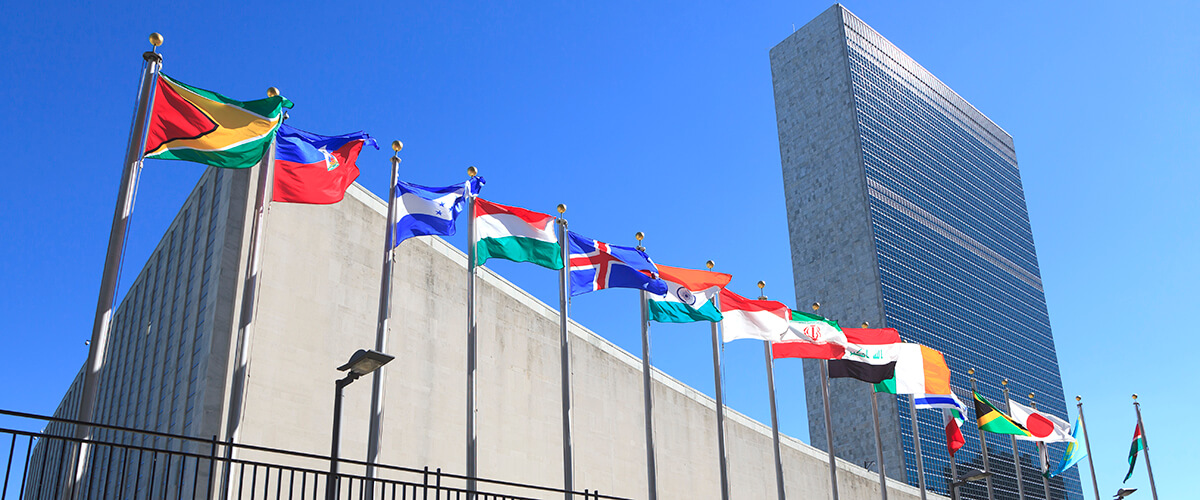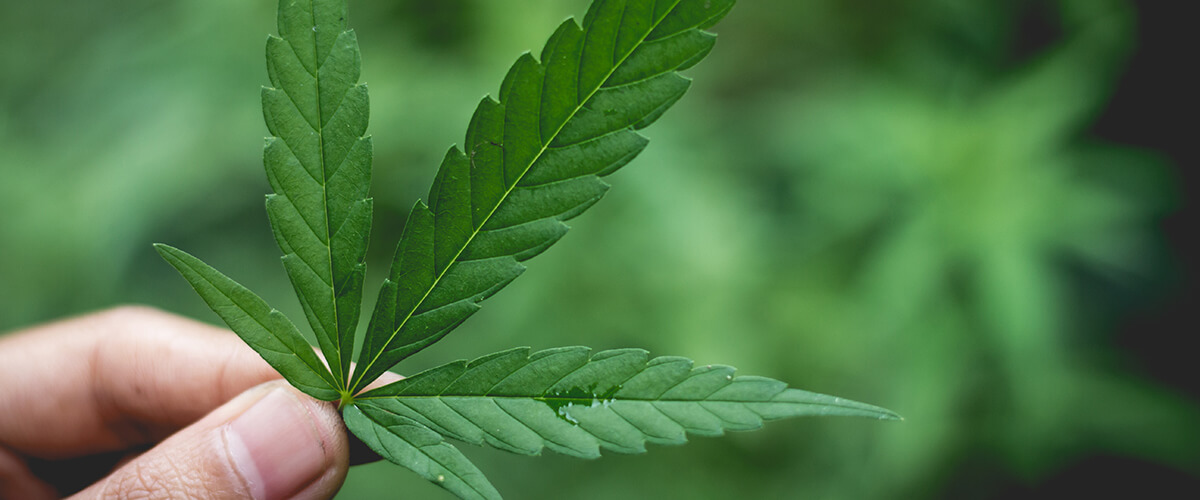After reviewing the benefits and safety of cannabis, the United Nation’s global health agency has recommended international scheduling changes.
In a long-awaited review, the World Health Organization (WHO) is calling for marijuana and its key components to be rescheduled under international drug treaties. The report from global health experts at the United Nations could have significant implications for the future of the cannabis industry.
First reported by Forbes, WHO’s new cannabis scheduling recommendations include:
- Whole-plant marijuana and cannabis resin should be removed from Schedule IV of the Single Convention on Narcotic Drugs (1961).
- Tetrahydrocannabinol (THC) in all forms should be removed from the 1971 Convention and placed with cannabis in Schedule I of the 1961 Convention.
- Cannabis extracts and tinctures should be removed from Schedule I of the 1961 Convention. Pharmaceutical preparations containing THC, and following certain criteria, should be added to Schedule II of the 1961 Convention.
- Cannabidiol (CBD) and CBD preparations containing no more than 0.2 percent THC are “not under international control” at all.
The Commission on Narcotic Drugs (CND) had been expected to announce its highly anticipated recommendations about the international legal status of marijuana in December, but a delay in receiving the report from the WHO’s Expert Committee on Drug Dependence (ECDD) may push the CND’s final decision into 2020. A pre-review and review by the ECDD last year found cannabis to be “relatively safe” and medicinally beneficial for a range of conditions.
According to Forbes, the ECDD’s new cannabis rescheduling recommendations came in the form of a January 24 letter from WHO’s Director-General Tedros Adhanom Ghebreyesus to UN Secretary-General Antonio Guterres.
Whole-Plant Marijuana and Cannabis Resin
The ECDD has recommended to the CND that whole-plant marijuana and cannabis resin to be removed from Schedule IV of the 1961 Convention, the category reserved for the most dangerous substances, and instead be classified as Schedule I.
“The evidence presented to the Committee did not indicate that cannabis plant and cannabis resin were particularly liable to produce ill-effects similar to the effects of the other substances in Schedule IV of the 1961 Single Convention on Narcotic Drugs,” the ECDD noted.
“In addition, preparations of cannabis have shown therapeutic potential for treatment of pain and other medical conditions such as epilepsy and spasticity associated with multiple sclerosis. In line with the above, cannabis and cannabis resin should be scheduled at a level of control that will prevent harm caused by cannabis use and at the same time will not act as a barrier to access and to research and development of cannabis-related preparation for medical use.”
THC and THC Isomers
The global health body has also reportedly called for tetrahydrocannabinol (THC) in all forms to be removed from the 1971 Convention and placed with cannabis in Schedule I of the 1961 Convention.
This change would group THC in the same category as marijuana and cannabis resin, simplifying and bringing consistency to the scheduling.
Cannabis Extract and Tinctures & Pharmaceutical Preparations
Under the recommendations, cannabis extracts and tinctures would be deleted from Schedule I of the 1961 treaty. In justifying the recommended removal, the health body argued that extract and tinctures encompass “diverse preparations with a variable concentration of delta-9 THC,” with some being non-intoxicating and with “promising therapeutic applications.”
The committee is also recommending that compounded pharmaceutical preparations containing THC be added to the less restrictive Schedule III of the 1961 Convention.
CBD and CBD-Focused Preparations
The ECDD also made clear that cannabidiol (CBD) and CBD-focused preparations containing no more than 0.2 percent THC would not be included in any way in the international drug control conventions.
WHO had made the call that CBD not be scheduled under international conventions in December 2017, but after doubts remained the group reiterated and clarified those recommendations in this new report.

Moving Forward
WHO’s recommendations will now be sent to the CND, where 193 Member Nations will be able to vote on accepting or rejecting them.
Nations like Canada and Uruguay, which have legalized marijuana in the face of the current treaties, are expected to support the reform recommendations. Others that have long opposed to loosening cannabis laws, including Russia and China, are likely to oppose the ECDD’s calls for rescheduling.
It’s unclear how the United States will vote. However, the U.S. Food and Drug Administration last October put out a request for public input regarding whether cannabis should be rescheduled under global drug treaties, and with rare exceptions, the comments from over 10,000 people who responded overwhelmingly voiced support for descheduling or legalizing marijuana.
WHO’s new cannabis scheduling recommendations, if adopted by the United Nations, would likely influence cannabis policies around the world.
Latest Cannabis News
Even more cannabis industry news is available through our news page or by following us on Facebook and Twitter.






